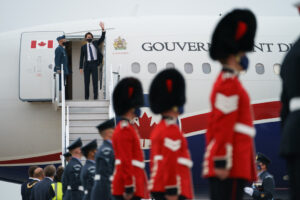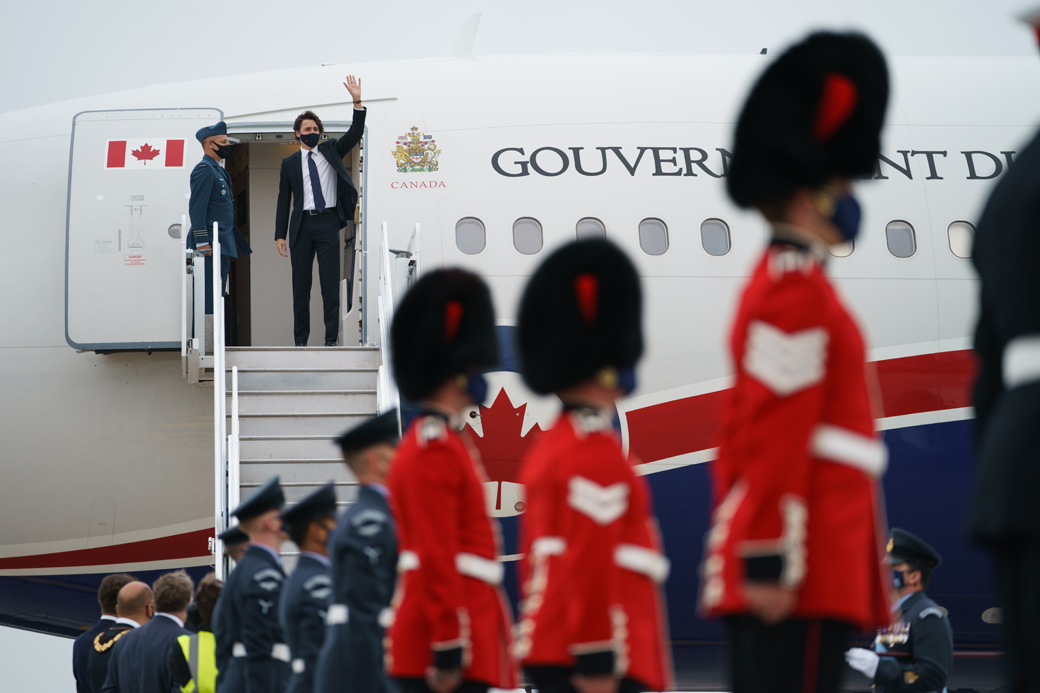Trudeau in Europe, NATO at a crossroads in Ukraine

TORONTO – Find new tools to try to stop the conflict and restart the diplomacy machine. This is one of the objectives of Justin Trudeau’s trip to Europe in the midst of the Ukrainian crisis, with the escalation of fighting and the inexorable advance of the Russian army. The Canadian prime minister left Ottawa for London, where he will meet with his British counterpart Boris Johnson and Dutch prime minister Mark Rutte.
The meeting, of course, will focus on the difficult situation that has arisen in Ukraine, a theme that will also be addressed tomorrow, when Trudeau will reach three other countries, Latvia, Germany and finally Poland, where Canadian troops on mission are stationed as part of the NATO contingent.
So far, the decisive response that has been given by the Western world to the Kremlin has not had the desired effects. The harsh economic sanctions against Russia and the freezing of the assets of the oligarchs – that small circle of Russian billionaires who have guaranteed Putin the maintenance of power in Moscow for the past 22 years – have not been able to curb the Russian invasion of Ukraine. NATO leaders are left with very few options to try to achieve a ceasefire. On the one hand, the further tightening of sanctions is being considered, although strong doubts remain about the real effectiveness of the measure.
On the other hand, the most remote hypothesis of a possible direct involvement in the conflict remains, an option that – as everyone has reiterated – has not even been taken into consideration, because it would risk arriving at a nuclear conflict.
So a possible way out could be to reinvigorate the negotiation. On this front, the most active in the last two weeks has been the president French Emmanuel Macron, who also yesterday heard Putin by phone to try to convince him to silence the weapons and return to negotiations with Kiev. Even yesterday the response of the head of the Kremlin was lapidary: the operations of the Russian army will stop only when the Ukrainian government has accepted all the requests made by Russia.
On this point, western leaders find themselves having to deal with a skein that is difficult to unravel: the Russian demands in fact in all these days have been vague, a pretext – this is nato’s assessment – to invade Ukraine and carry out the conquest plan wanted by Putin.
The fact is that the generalized perception of a sense of impotence of the international community in the face of the conflict in Ukraine remains.



